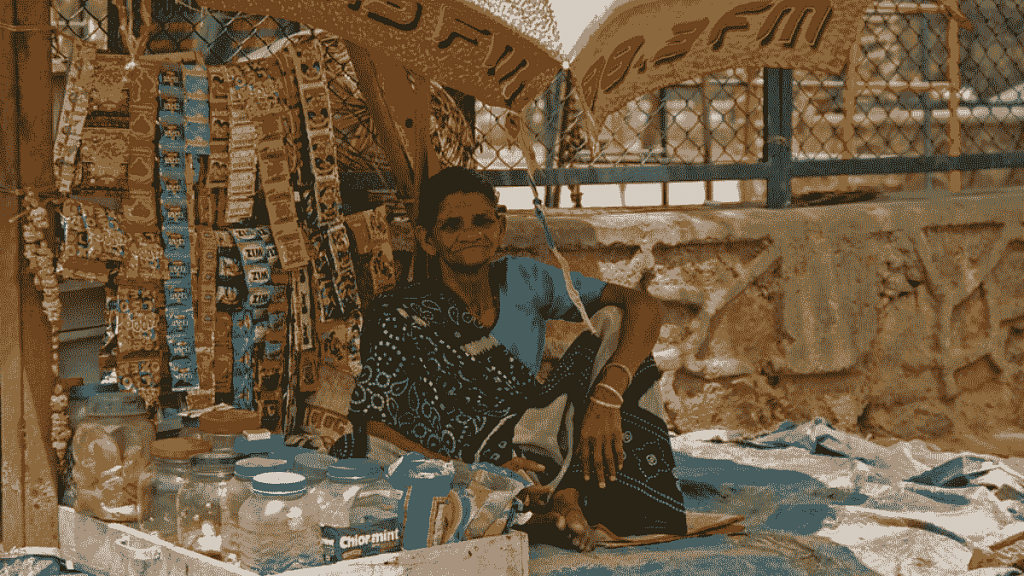New Delhi: The Union Ministry of Health and Family Welfare is currently working on bringing in amendments to regulate tobacco products in India, secretary Rajesh Bhushan said Tuesday.
Speaking at the Second National Consultation on Smokeless Tobacco in India, Bhushan said the move was meant to help keep up with the changing tobacco products and their marketing, and take their regulation forward.
The government is, therefore, considering amendments to the Cigarettes and Other Tobacco Products Act (COTPA), the Food Safety and Standards Act (FSSA), and the Drugs and Cosmetics Act, the secretary said, adding that the amendment bills have been in the public domain for nearly two months now.
“We should work on specific or enabling provisions in these laws that would take the strategy of tobacco control, tobacco cessation — whether it is on smoked tobacco or smokeless tobacco — forward. Until and unless we work in harmony (and) in conjunction with different developments that are happening independently of what we are doing at international consultation, our works will not have the desired result,” Bhushan said at the conference, held at the India International Centre.
While tobacco products like cigarettes and bidis are regulated under COTPA, they cannot be banned under the law. On the other hand, the FSSA — the law the state governments use to ban smokeless tobacco — allows food items containing nicotine and tobacco to be banned.
Meanwhile, products such as tooth powder and toothpaste containing tobacco are regulated under the Drugs and Cosmetics Act, even though they find a mention under the schedule for COTPA.
The central government’s decision to amend the laws comes at a time when at least two high courts — Delhi High Court in October 2022 and Madras High Court in January 2023 — revoked state bans on smokeless tobacco.
The development came on the back of the powerful tobacco companies’ petitions against state bans on carcinogenic smokeless tobacco products, threatening to reverse the hard-won ban against them.
Also Read: Inside story of how billionaires of big-brand pan masala industry got around an ad ban
The challenges — lack of clarity, complex taxation
According to the Global Adult Tobacco Survey India, 2016-17, India has 267 million tobacco users — a number that includes both smoked and smokeless products.
In their petitions challenging state bans, tobacco companies argue that since chewing tobacco is listed in the schedule of COTPA, it should be regulated as a tobacco product.
Official sources privy to the amendments say that in order to bring some clarity on this, the health ministry is considering amending the definition of “food” under FSSA to specifically mention whether tobacco is food or not. Meanwhile, the amendments in COTPA may be limited to restricting the points of sale and advertisement of tobacco products, the sources said.
Srinath Reddy, an honorary distinguished professor at Gurugram-based non-profit Public Health Foundation of India, said at the conference that there’s a need to keep up the momentum against tobacco consumption because manufacturing companies keep devising innovative methods to lure newer and younger users — including children.
Meanwhile, Bhushan said that the affordability of smokeless tobacco products makes them attractive and their non-standardised packaging makes the issue of taxation complex.
“There is no regulatory mechanism to devise standardised packaging and standardised sachet size. And since there is no standardisation, therefore the issue of taxation becomes more complex,” Bhushan said.
He said more granular studies are needed on smokeless tobacco products to help draw up new policies on tobacco control.
“There are 640 medical colleges and 21 AIIMS in India. Their clinical material of the oncology, pulmonary, and sleep medicine departments are readily available data, which should be used by ICMR (Indian Council of Medical Research) and others,” he added.
(Edited by Uttara Ramaswamy)
Also Read: Chewing tobacco is worse than smoking for the heart, Patna medical institute says
